South Sudan
The delicate peace agreement holding the world's youngest nation together is unraveling, sparking fears of a return to full-scale civil war.
South Sudan's political crisis escalated dramatically this week as the main opposition party, led by Riek Machar, urged its supporters to mobilize for "regime change."
The call to arms comes in direct response to the government charging Machar with treason and removing him from his position in the fragile unity government.
The move signals a potential collapse of the 2018 peace deal that ended a devastating five-year civil war and raises the specter of renewed widespread conflict in the troubled nation.
Treason charges and house arrest
The immediate trigger for the crisis occurred on Thursday when First Vice President Riek Machar was formally charged with murder, treason, and crimes against humanity.
He was subsequently removed from his powerful role in the transitional government, where he had served as President Salva Kiir's main partner in the power-sharing agreement.
Machar had already been under house arrest for several months.
The government alleges he orchestrated a militia attack on a military base in Nasir County, Upper Nile State, in March.
The assault, carried out by the Nuer ethnic militia known as the "White Army," is claimed to have killed over 250 soldiers.
Opposition decries "political persecution"
Machar's party, the SPLM-IO, has vehemently denied any involvement in the attack.
In a statement signed by acting chairman Oyet Nathaniel Pierino and circulated on social media, the party framed the charges as a deliberate strategy by President Kiir to sideline his rival and consolidate power.
"The current regime... is a construct of dictatorship, peace disruptors, and state capture that is maintaining power unlawfully and through violence," the declaration read.
It announced that the party and its military forces "will strive to bring about a regime change" and called on all supporters "to enlist for National Service in defense of the citizens and the nation."
Former legislator Juol Nhomngek Daniel echoed these sentiments to AFP, calling the legal process "political persecution rather than a legitimate criminal prosecution."
He issued a stark warning: "The ensuing conflict will be chaotic, resulting in widespread insecurity."
A fragile peace unraveling
South Sudan gained independence from Sudan in 2011 but plunged into a brutal civil war in 2013 when forces loyal to Kiir and Machar clashed.
The conflict, largely fought along ethnic lines, resulted in approximately 400,000 deaths and created a massive humanitarian crisis.
The 2018 peace agreement brought a tentative end to the fighting and established the unity government.
However, the deal has been deteriorating for months, with key provisions unfulfilled.
Elections, initially scheduled for December 2024, have already been postponed to 2026, further eroding faith in the political process.
International alarm and a precarious future
The international community has watched the escalating tensions with growing alarm.
Earlier this year, the United Nations warned that South Sudan was "experiencing a concerning regression that could undo years of hard-won progress."
The opposition's call for mobilization and the government's severe charges against its primary rival have created a dangerous stalemate.
With both sides digging in and the language turning to conflict and regime change, the path back to dialogue appears increasingly narrow, leaving the nation on a knife's edge and threatening a return to the dark days of its recent past.




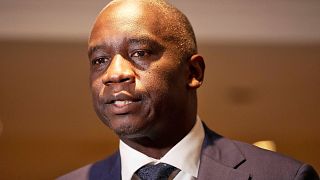
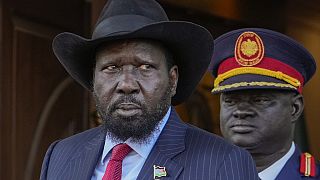
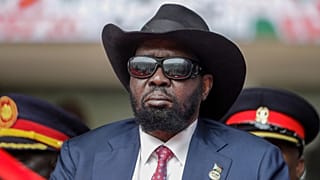
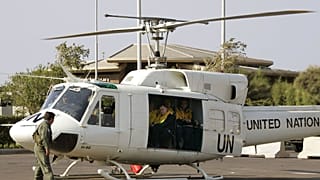
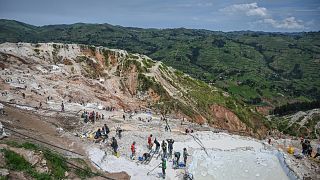
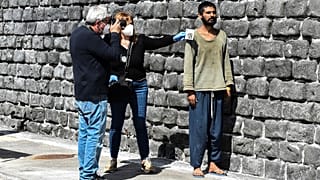
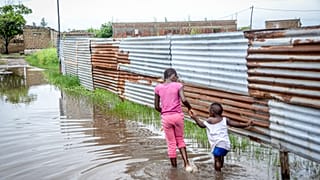
01:25
Cuba's Santeria priests ask for peace as Cuba-US tensions rise further
01:34
Urgent call for aid as Sudan's crisis approaches third year
00:57
Sudan's Rapid Support Forces says it regrets deadly Chad border clashes
00:55
Government parties get all parliament seats in Benin elections
01:43
Chad: 7 soldiers killed in reported clash at Sudanese border with RSF
02:00
Uganda election: Bobi Wine and wife cast votes, Wine slams internet shutdown